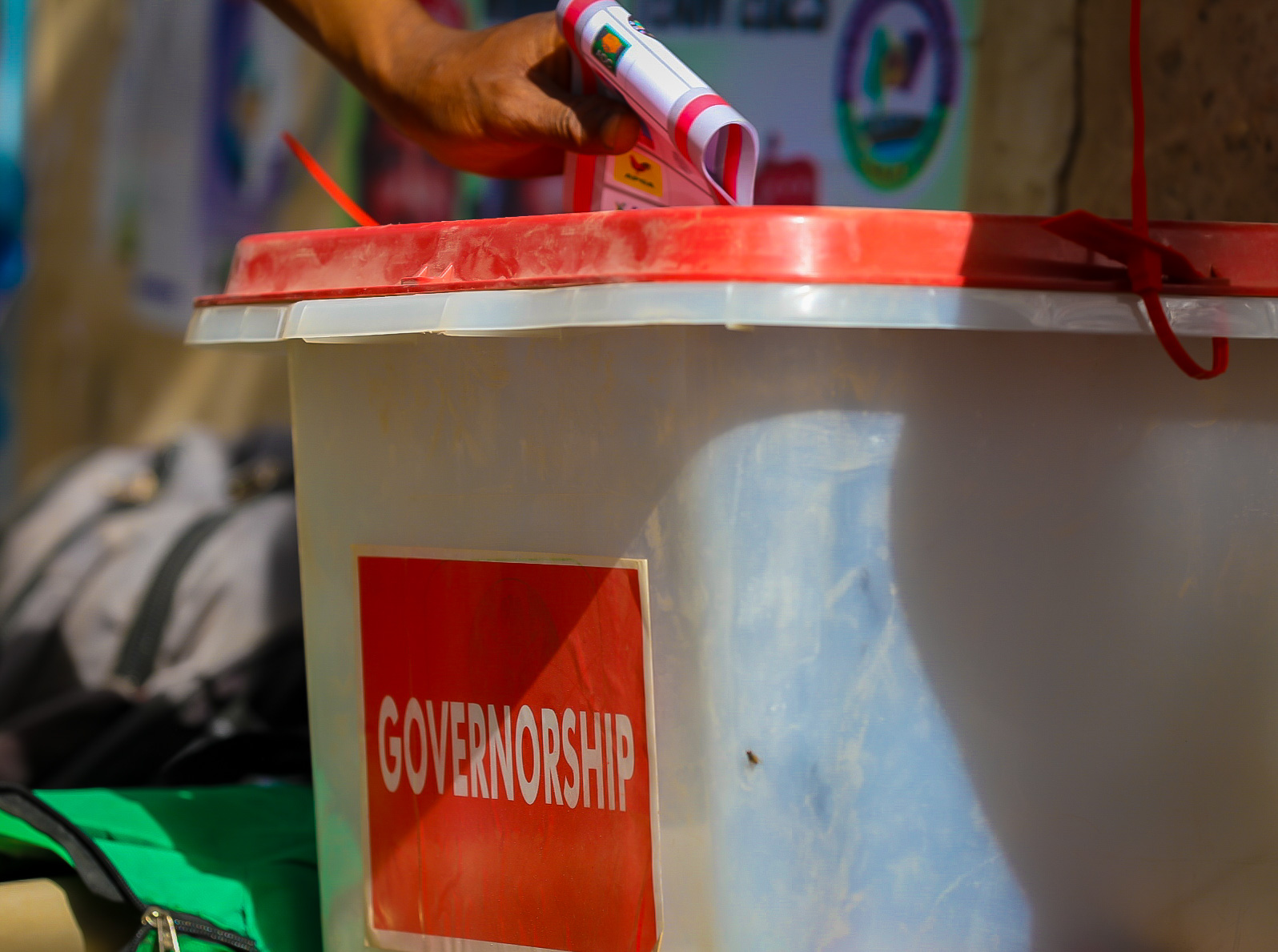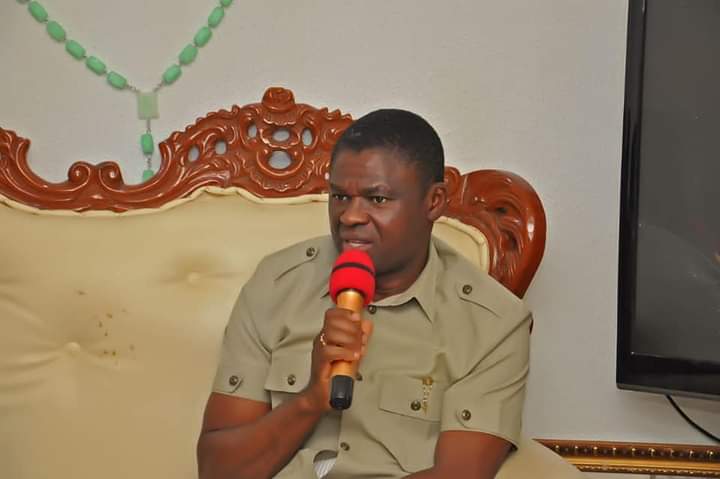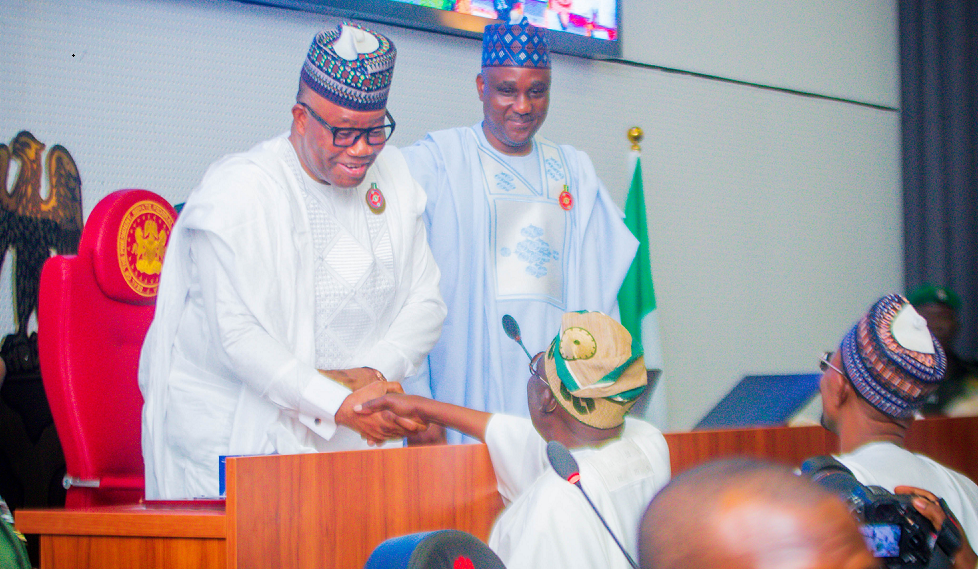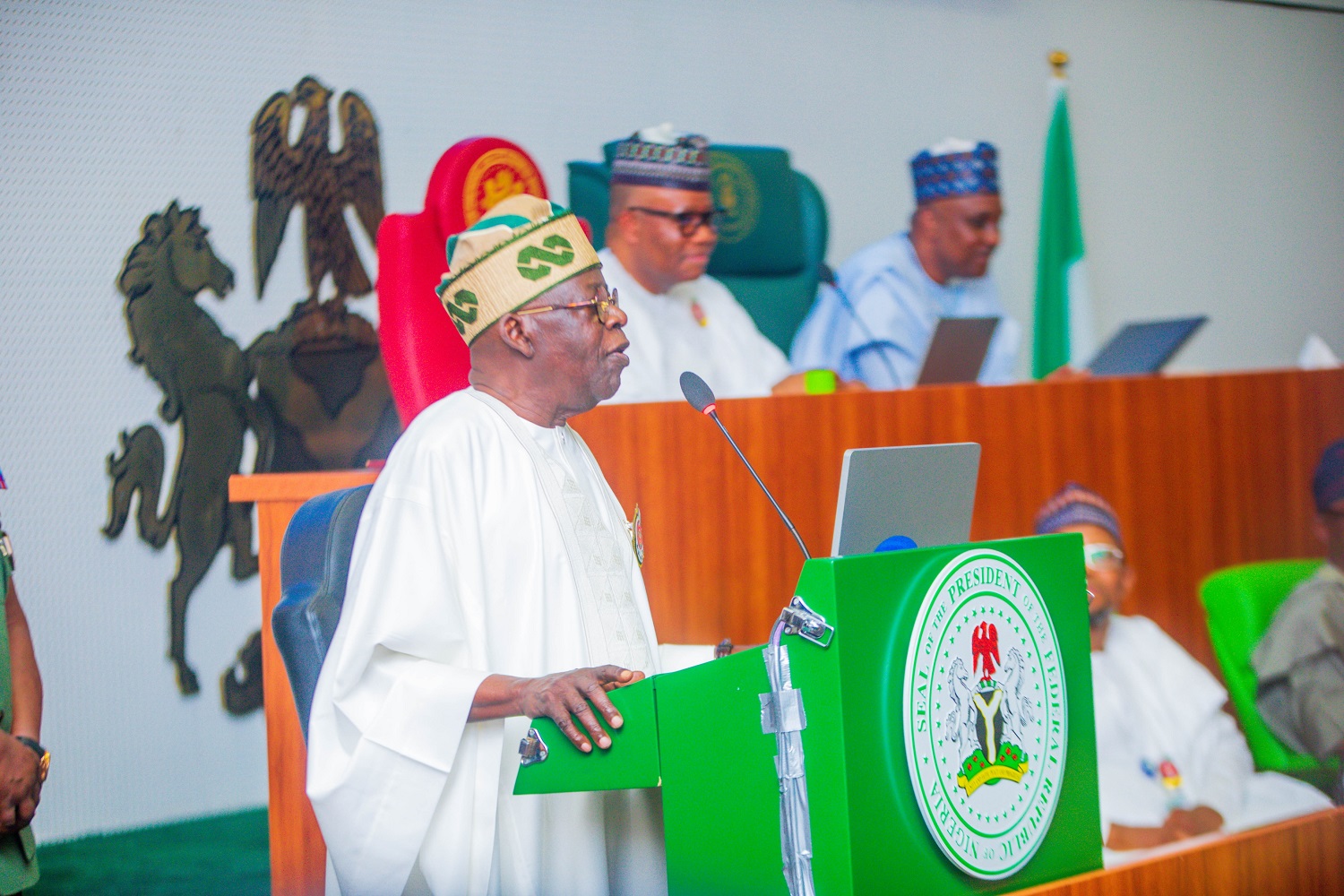Election
Nigeria’s judiciary has been in the eye of the storm in recent times, especially since the build up to the 2023 general election, to the final pronouncements on election disputes.
Discussions have become increasingly bitter and rancorous following the judgment of the court of appeal on the Kano state governorship election dispute.
In September, the Kano state governorship election petition tribunal sacked Abba Yusuf, candidate of the New Nigeria Peoples Party (NNPP), as governor of the state.
The tribunal deducted 165,663 votes from the 1,019,602 recorded for Yusuf, on the grounds that the ballot papers (165,663) were not stamped, signed and dated as required by law.
Advertisement
The tribunal then declared Yusuf Gawuna of the All Progressives Congress (APC) as winner of the March 18 poll.
Displeased with the verdict of the tribunal, the NNPP and its candidate headed for the appellate court.
Delivering judgment on November 17, the court of appeal upheld the verdict of the lower tribunal, while adding that Yusuf was not a member of the NNPP at the time he contested the election.
Advertisement
However, controversy trailed the verdict days later when a certified true copy (CTC) of the appeal court judgment surfaced, contradicting the November 17 ruling.
The copy of the judgment ruled against and in favour of the NNPP candidate at the same time, eliciting outrage on social media platforms and on the streets.
The appeal court had issued a statement hours later, blaming “clerical error” for the contradictions or discrepancies.
FIRST TIME OCCURRENCE?
Advertisement
“To err is human…” is a popular adage which roughly translates to: ‘It is normal for people to make mistakes’.
Corroborating this in an interview with Arise TV, Jibrin Okutepa, a senior advocate of Nigeria (SAN) said: “Sometimes, the pressure in reading what you think you have written could be there”.
“That is why in normal drafting techniques, it is not proper for you who have written a document, to read it and produce file proof documents.”
However, the senior advocate said this is not the first this is happening in Nigerian jurisprudence.
Advertisement
“The reason why this controversy is assuming a magnifying proportion is because of the time we find ourselves, where the rating for the judiciary had gone down considerably in the eyes of Nigerians,” he said.
“Otherwise, this is not the first time that you’ll have some of these conflicting conclusions in the decisions of their lordships, particularly in election matters.
Advertisement
“I was personally a victim of this some time in 2016 in the case of senator Abraham Abubakar Vs senator Atai Aidoko Usman.
“There were two conflicting enrollment orders in which my client had favourable orders and had his election nullified and for a rerun to be done and eventually, my client was excluded by INEC.”
Advertisement
Okutepa had approached the supreme court to challenge the said orders of the appellate court.
He had prayed the apex court for “an order correcting clerical mistakes/errors in the orders made in the judgment of this honorable court delivered on the 2nd of December, 2015 and the enrolled order issued on the 10th December 2015 in Appeal No. CA/A/EPT/609/2015 Abdulrahman Abubakar and Anor Vs. Senator Attai Aldoko Usman and 3 others to give effect to the full meaning and the intention of the court in allowing the appeal of the applicants”.
Advertisement
Unfortunately, the supreme court said it lacked jurisdiction over the matter because appeals for national assembly cases terminate at the appellate court.
CAN THE ERRORS BE CORRECTED BY THE APPEAL COURT?
Addressing the situation, Umar Bangari, chief registrar of the court of appeal, said the discrepancy was a clerical error that did not affect the court’s decision.
Bangari said Order 23, Rule 4 of the court of appeal handbook “empowers the court to correct any clerical error once detected by the court or any of the parties in the matter”.
Wole Olanipekun, a senior advocate and lead counsel to the NNPP candidate, said the appellate court has lost jurisdiction on the matter.
He argued that “any application for correction of errors can only be entertained by the supreme court” and that the court of appeal cannot take any further step in the appeal or subject after the expiration of sixty (60) days prescribed to hear election appeals.
Speaking further on the issues, another senior advocate who pleaded anonymity, said the court of appeal has no powers to amend the judgment.
“In a civil matter, if there is an error, they would bring an application to the court to correct it because once a court delivers judgment, it becomes functus officio and no longer has powers over it. So it has to be at the instance of any of the parties to approach the court to correct such error,” he said.
“But in this case, the court has 60 days within which to operate. Now if 60 days have lapsed, there is no jurisdiction to do anything because election matters are sui generis and the court does not have powers outside the 60 days to do anything.
“So even if an application is brought for the errors to be corrected, it can only be heard and determined within those 60 days. In this case, there is no application before the court.”
A source at the court of appeal also said records of the appeal, including the CTC of the judgment, are already being transmitted to the apex court.
An aggrieved party has only 14 days from the day of judgment to file an appeal.
AT RISK OF BEING VOIDED?
Another question that arises is whether or not the error can be corrected by the supreme court or if the judgment can stand at the apex court.
Another lawyer who spoke to TheCable said: “The supreme court cannot correct the error either”.
“They can only decide if it is a valid judgment or not. If the findings of the court in its conclusions are contradictory, the question would be: ‘Is that a slip or a fundamental error?’
“Courts make mistakes, but the issue now is to check the degree of the mistake. Is it fundamental or it is just a clerical issue? If it is fundamental, it may affect the judgment at its root.
“But if it is a clerical mistake, then it can be overlooked.
“If it is a fundamental error, it simply means the judgment is not capable of enforcement because it presents two major contradictions.
“Once there is a major contradiction in the decision of a court or the conclusions don’t support the premises, then the judgment is described as an invalid judgment. It will not be capable of enforcement and if it is not capable of enforcement, then it is a nullity.
“One of the characteristics of a valid judgment is that it must not be vague. It must be specific and clear. Once it opens itself up to ambiguities or confusion, then it is not capable of enforcement.”
CONCLUSION
While the APC has described the controversial judgment as a “typographical error” that is not novel in litigation, the NNPP has gone ahead to file an appeal before the apex court.
The NNPP has also asked the National Judicial Council (NJC) to investigate the court of appeal.
When a date for hearing is fixed, parties would have to address the supreme court on the issues and back up their submissions with points of law.
Add a comment






